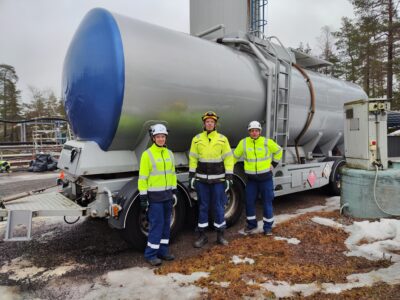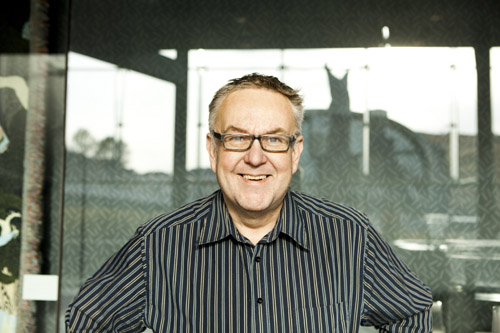Ulla Lassi: A new battery type will not freeze even in extremely cold weather

Ulla Lassi’s research team is developing efficient chemicals to make Li-ion batteries work even in extreme conditions. This means longer driving ranges for electric cars in chilly weather.
Kokkola, Ulla Lassi’s home town, is one of the chemical industry capitals of Finland. Having become aquaintanced with the industry through her parents’ jobs and her own summer job, she started studying chemistry at the University of Oulu after school.
In 2003, now a Doctor of Science in Engineering, Lassi returned to her native town as she took up the position of Professor of Chemistry in the Kokkola University Consortium Chydenius. This University of Oulu tenure is funded by the chemistry industry companies in the region.
Lassi is the director of a research project in applied chemistry that focuses, among other topics, in chemicals in lithium ion batteries. Such chemicals are also manufactured industrially in Kokkola.
“Globally, this is a very hot research topic right now. Mobile electronic devices require more and more efficient batteries, and so do electric cars and wind energy storage facilities.”
Thanks to their small size, lithium ion batteries are particularly suitable as power souces for mobile phones, laptops and cameras. However, the efficiency and service life of batteries leaves a lot to be desired.
Lassi’s research concentrates particularly on the batteries’ cathode materials. Recently, the research team has been studying particularly the thermal resistance of battery chemicals and the possibility to improve efficiency in cold environments.
The purpose is to develop materials that could prevent mobile phones’ batteries from dying in cold weather as quickly as they do now. Another potential application is electric cars, which could be made to travel longer distances between charges.
Text by: Matti Remes
Photo by: Sini Pennanen



